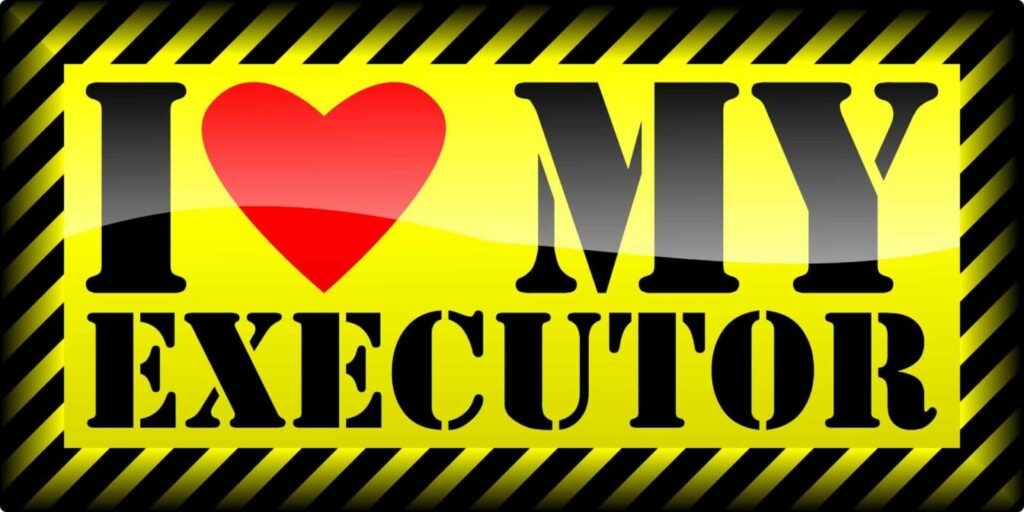What Debts Must Be Paid in a Probate?
When a loved one dies leaving property, debts and a mortgage, and if he did not have a living trust, probate is required to sort everything out.
Call us Anytime
Laurel, MD 20707
Downs Law Firm, P.C.
Home • Last Will and Testament • Page 3
When a loved one dies leaving property, debts and a mortgage, and if he did not have a living trust, probate is required to sort everything out.

Planning is a part of our daily lives. We plan menus for the day or week; we plan vacations; we plan meetings; and the list goes on.
Your estate plan isn’t finished just because your attorney has drawn up a will. Proper asset titling is the next step.

While it would seem obvious that you should tell the person you name as executor that he or she is your choice, that is not always the case.
Snowbirds Checklist Heading is a good idea but consider legal issues before leaving. If you are a retiree who heads south after the holidays, it might be wise to create a checklist of at least four personal legal business items, according to LimaOhio.com in “Extra checklist before heading south for the winter.” Not that January and February aren’t delightful here in the Baltimore-Washington area… First, make sure that your living will and healthcare power of attorney documents have been updated. Does your family have copies of these documents? Or do you emailed copies to them ? If you have these documents with us, we now scan them and forward a copy to you to send on to your decision makers. If they save that email, they will also have our contact information to access your Property Power of Attorney if needed. Second, discuss the location of your estate planning portfolio with them, and how to contact your estate planning attorney. Update them if changes need to be made and get copies to your children and/or friends. Third, make sure that your last will and testament is updated. Have you had any big changes in your life since the last time it was reviewed? Marriages, deaths, divorces, births, and adoptions are the typical “trigger” events that signal a need for review. Being out of town for an extended time is a good prompt to review how current your documents are, and how they address your concerns. Who will have that document? If your estate planning attorney maintains original copies for clients, then make sure to have another original on your person or safely secured with a loved one. Lastly, and this takes a little time but is well worth doing, create a list of all your assets. Make sure they are properly titled for your situation. Should you have all your bank accounts become Payable on Death to your spouse? When was the last time you checked your beneficiary designations? Chances are good there are beneficiary designations on your bank, investment, and retirement accounts and on your life insurance policies. Wherever you have a beneficiary designation, you should also have a contingent beneficiary. An estate planning attorney can advise you snowbirds on creating an estate plan that fits your unique circumstances and may include a trip in a southerly direction. Reference: LimaOhio.com (Oct. 13, 2018) “Extra checklist before heading south for the winter”